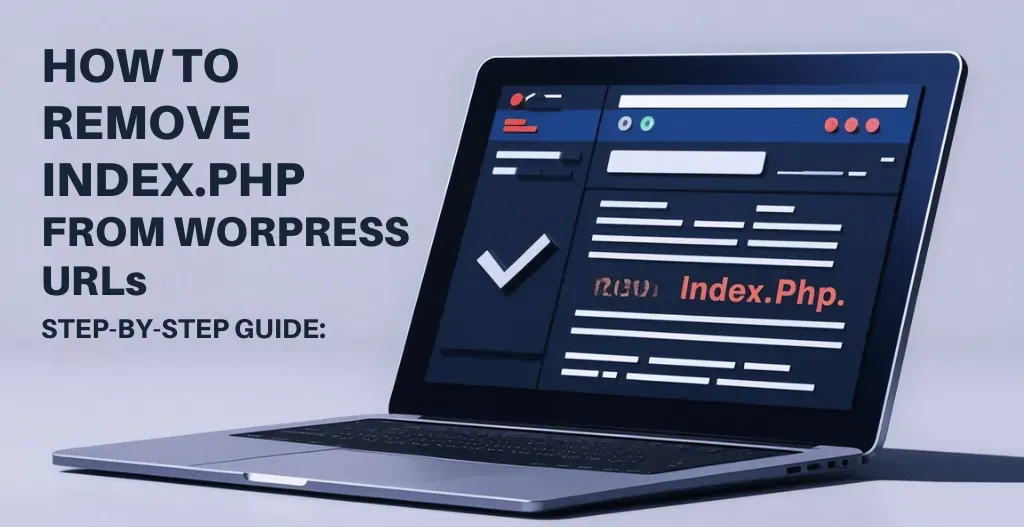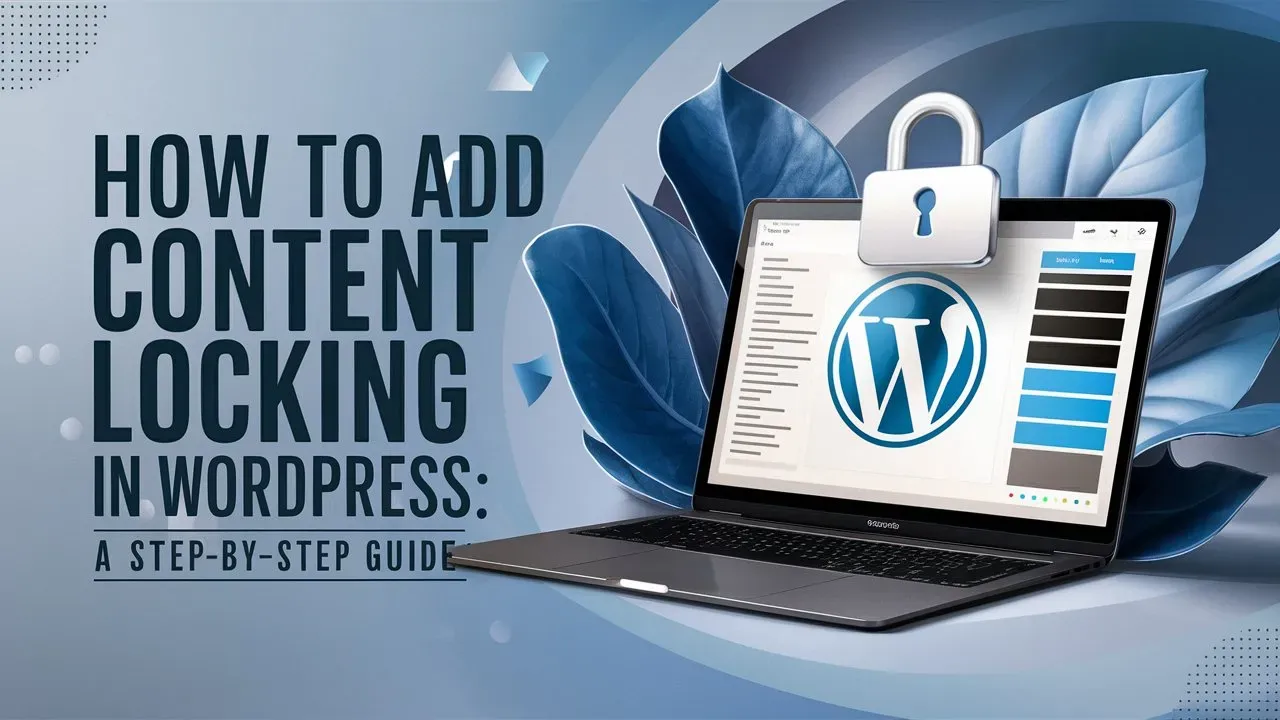In WordPress, having clean and easy-to-read URLs is important for both SEO and user experience. Sometimes, though, you might find “index.php” in your URLs, which can make your links look messy and unprofessional. Removing “index.php” from your WordPress URLs not only makes your site look better but can also improve its search engine ranking by creating shorter and more relevant links.
Luckily, getting rid of “index.php” from your URLs is simple and can be done in just a few steps. In this easy-to-follow guide, we’ll show you exactly how to remove “index.php” from your WordPress URLs, so your site can be more appealing to both visitors and search engines. Whether you’re experienced or just starting out, our clear instructions will help you make this important change quickly and easily. Let’s get started and improve your WordPress links today!

Understanding What is index.php in URLs in WordPress?
Index.php often appears when WordPress is set to use a default permalink structure. However, with custom permalinks, users typically won’t see index.php in the URL, as WordPress rewrites the URLs for better readability and SEO. This rewriting process helps to mask the underlying structure, making URLs cleaner and more user-friendly.
Benefits Of Removing Index.php From URLs In WordPress :
Removing “index.php” from your URLs is important for several reasons:
- Better for SEO: Search engines like simple and clear URLs because they’re easier to understand. Removing “index.php” makes your URLs shorter and more relevant, which can help your site rank higher in search results.
- Improves User Experience: Clean URLs are easier for people to read and remember. Without “index.php,” your links look less cluttered and more professional, which builds trust with your visitors.
- Looks Nicer: URLs without “index.php” just look better. They’re more polished and make your website appear more professional.
- Works Better with Other Tools: Some external services and social media platforms work better with clean URLs. Removing “index.php” ensures your links are easily shared and used across different platforms.
- Easier to Manage: Clean URLs are simpler to handle when you’re managing your site. Whether you’re setting up redirects or checking analytics, having straightforward URLs makes these tasks easier.
By removing “index.php” from your URLs, you make your website more appealing to both search engines and visitors, leading to a better overall experience.
2 Methods To Remove Index.php From URLs In WordPress :
Here are the steps to remove “index.php” from your WordPress URLs :
1. Ensure Permalinks Are Set Correctly :
- Go to Settings: Log in to your WordPress dashboard and navigate to “Settings” > “Permalinks.”
- Choose a Structure: Select a permalink structure that doesn’t include “index.php” (e.g., “Post name”).
- Save Changes: Click “Save Changes” to update your permalink settings.
2. Update Your .htaccess File :
- Locate the .htaccess File: You’ll find the .htaccess file in the root directory of your WordPress installation. You can access it via FTP or your web hosting control panel.
- Edit the File: Add the following code to your .htaccess file, right after the existing lines:
<IfModule mod_rewrite.c>
RewriteEngine On
RewriteBase /
RewriteRule ^index\.php$ – [L]
RewriteCond %{REQUEST_FILENAME} !-f
RewriteCond %{REQUEST_FILENAME} !-d
RewriteRule . /index.php [L]
</IfModule>
- Save and Upload: Save the changes to your .htaccess file and upload it back to the server.
Now Test Your Site :
- Test Functionality: Ensure all pages and links on your site are working correctly without “index.php.”
- Check URLs: Visit your website and check if the URLs are now clean and free of “index.php.”
Conclusion: The Importance of Clean URLs :
Having clean URLs is crucial for both your website’s appearance and performance. By removing “index.php” from your URLs, you make your site look more professional, which helps build trust with your visitors. Clean URLs are also easier to read and remember, making it simpler for users to navigate your site.
From an SEO perspective, search engines favor clear and concise URLs. By eliminating “index.php,” you create shorter, more relevant links that can improve your site’s ranking in search results. Additionally, clean URLs work better with various tools and platforms, making your site easier to share and manage.
In short, removing “index.php” from your URLs enhances both the user experience and your site’s visibility in search engines, leading to a better overall website.
Checkout WordPress Website Development Cost in India: How Much Does It Cost?
Discover more from Owrbit
Subscribe to get the latest posts sent to your email.










